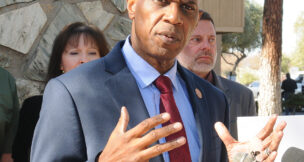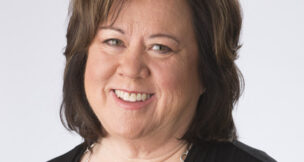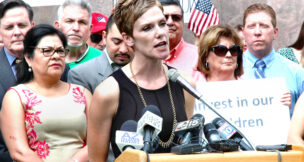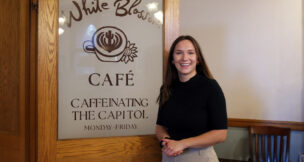Payday-loan industry thrives as banks consider ways to recapture market
Arizona Capitol Reports Staff//December 5, 2008//
Payday-loan industry thrives as banks consider ways to recapture market
Arizona Capitol Reports Staff//December 5, 2008//
Some experts say traditional banks actually spurred the creation of the payday-loan industry by focusing lending efforts mostly on higher-end customers. The way Richard Bauer sees it, he’s serving a...
No tags for this post.







































